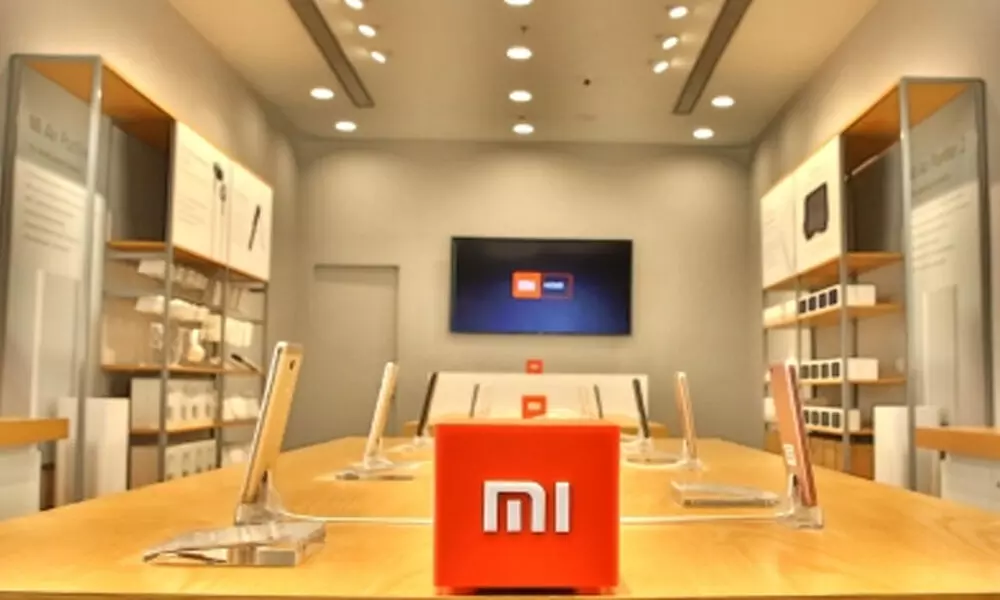US court suspends ban on Xiaomi, firm welcomes decision
Xiaomi on Saturday welcomed a US court ruling to temporarily suspend the decision by the Department of Defence asking the US companies not to invest in the Chinese conglomerate.
image for illustrative purpose

San Francisco/New Delhi, March 13 Xiaomi on Saturday welcomed a US court ruling to temporarily suspend the decision by the Department of Defence asking the US companies not to invest in the Chinese conglomerate.
The company said in a statement that it will continue requesting the US to remove designation of Xiaomi as a Chinese military company.
"Xiaomi believes that the decisions of designating it as a Chinese Communist Military Company are arbitrary and capricious, and the judge agrees with it. Xiaomi plans to continue to request that the court declare the designation unlawful and to permanently remove the designation," the company said.
The trade ban on Xiaomi was set to go into force from next week.
The court has removed, in full and with immediate effect, the Executive Order on "US persons to purchase Xiaomi's securities and the requirement on US persons to divest their holdings".
Xiaomi reiterated that it is "a widely held, publicly traded, independently managed corporation that offers consumer electronics products solely for civilian and commercial use".
"We are committed to working with our global partners to let everyone in the world enjoy a better life through innovative technology," a company spokesperson noted.
In January, the US government blacklisted Xiaomi as a "Communist Chinese military company".
A Xiaomi spokesperson had said: "The company confirms that it is not owned, controlled or affiliated with the Chinese military, and is not a 'Communist Chinese Military Company' defined under the NDAA. The company will take appropriate course of actions to protect the interests of the Company and its shareholders".
In July 2020, the US Federal Communications Commission (FCC) designated Chinese telecom companies, Huawei and ZTE, as national security risks to America's communications networks.

